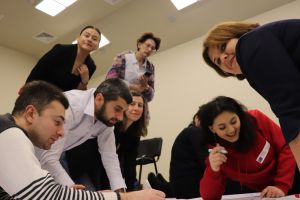
EU4Youth: hundreds of young Moldovans access training, grants and scholarships as programme marks five years of work
With the support of EU-funded projects, young people in Moldova are able to access more learning opportunities and greater financial assistance to boost their personal and professional development. These are just some of the impacts to highlight as the EU4Youth programme closes its latest five-year cycle, and draws conclusions from the data collected over the period of its activity in Moldova.
As recorded in the programme’s yearly reports, EU4Youth actions in Moldova cover direct training and mentoring, matchmaking between employees and employers, grants to new businesses, policy support to create new jobs and improve skills, tailoring education to the market, and local initiatives to support the most vulnerable.
Despite the impact of the Russian aggression against neighbouring Ukraine, the COVID-19 pandemic, as well as the broader political instability in the region, evidence shows that EU4Youth has been able to make a positive impact on young Moldovans’ education and employability, entrepreneurship and employment, and engagement and empowerment.
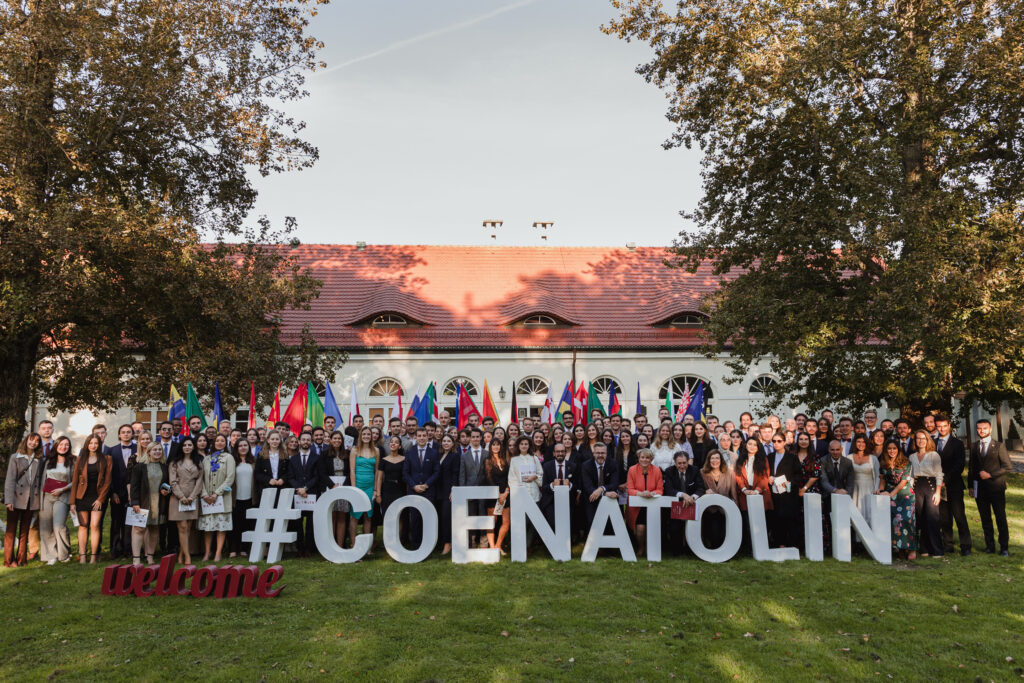
Education and employability
Working to tailor education to the job market and improve young people’s chances of employment, EU4Youth has in the past five years helped over 1,800 young Moldovans gain new skills, and has trained over 60 youth educators.
The College of Europe also awarded six EU4Youth scholarships for the 2021-2022 and 2022-2023 academic years. Marinela from Moldova was among the first ten students from the EaP region to receive an EU4Youth scholarship to pursue a degree at the College of Europe in Natolin.
To grow career opportunities for young Moldovans, one of the EU4Youth projects – Youth Engagement Roadmaps (2020–2022) – brought together more than 100 companies and organisations to strengthen non-formal education spaces and employment mechanisms, and to offer internships.
This project also hosted youth employment partnership events throughout the country. Moreover, its Policy Lab continued bringing together different organisations, youth support groups and leaders to reduce the gap between the policy makers and beneficiaries of policy initiatives.
Sharing her experience, Mariana Iatco, one of the Policy Lab participants, explains: “The Policy Lab format allowed the creation of a dialogue space between different parties interested in the topic of transition from education to the labour market. It helped us bring decision-makers to a more innovative and inclusive policy approach.”
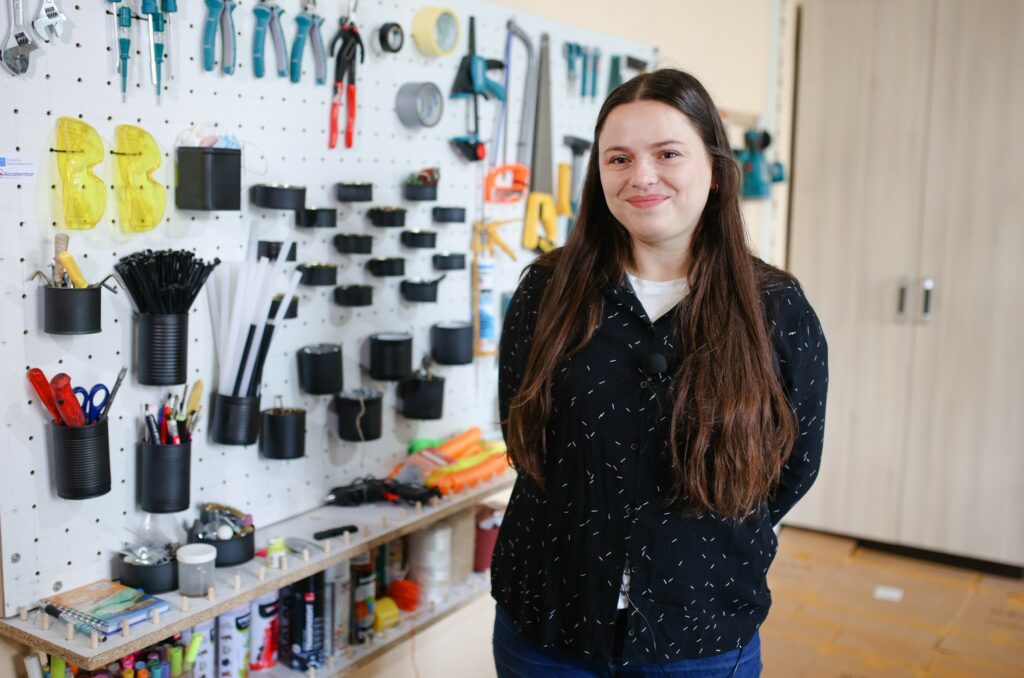
Entrepreneurship and employment
Since 2019, six successful start-ups have been launched in Moldova with support from EU4Youth projects. “Without the EU4Youth grant, I don’t think I could have put my idea into practice. Thanks to the grant I was able to rent a premises, and purchase electrical and manual tools to process different materials,” says Romanița Alexeev, a young social entrepreneur from Chișinău, who founded the first upcycling studio in Moldova.
By focusing on job creation, especially for people with disabilities and other disadvantaged groups, the EU4Youth’s EUnlocking project has managed to give social enterprises in Moldova access to state subsidies. The project has helped to establish a more favourable ecosystem for social enterprises in Moldova by supporting more young social entrepreneurs in developing and sustaining their innovative solutions, with a focus on social inclusion and environmental sustainability.
Engagement and empowerment
With the EU4Youth Alumni network, the 25 alumni in Moldova launched their own initiatives to strengthen the inclusion of disadvantaged youth. Over the years, these initiatives have each been rolled out for a small community benefitting all together almost 350 people.
Ana Podoleanu and Valentin Gherman, the two EU4Youth Alumni behind the “Start Stauceni” project, worked to give young people in their community a better chance to access opportunities funded through EU projects. Ana and Valentin’s initiative focused on soft skills, hoping that the teenagers would feel more confident and inspired to take part in projects available under Erasmus+ Youth in Action, the European Solidarity Corps and the EU4Youth programme.
“I know how it is. I didn’t have the opportunity to be informed about my topics of interest. We were in their shoes not long ago,” explains Valentin, adding that, “at the end of the project the participants became more open to the world, to the worldwide opportunities and to the volunteering possibilities.”
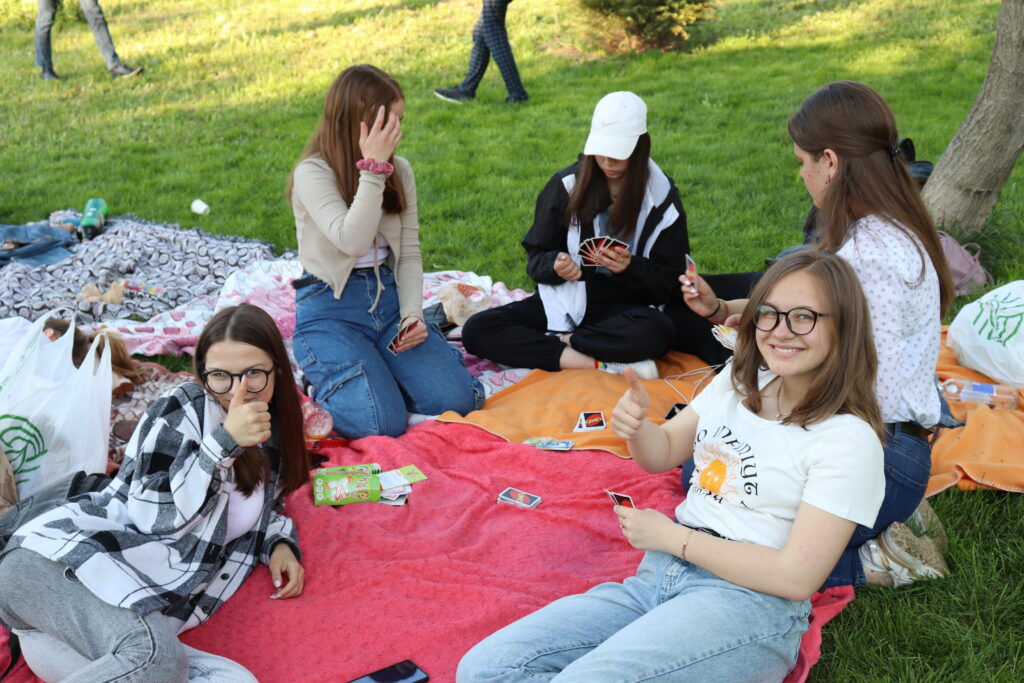
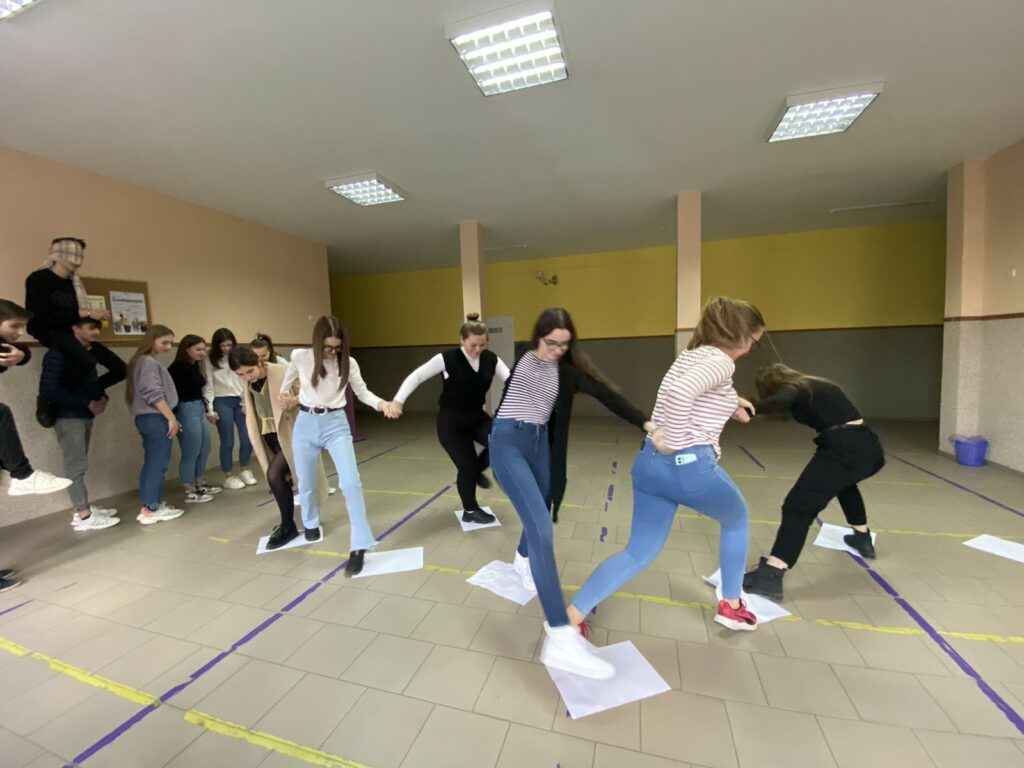
Youth policy landscape
After playing an important role in the last Presidential (2020) and Parliamentary elections (2021), young people in Moldova had a stronger interest in developing youth policy in the country.
In August 2020, the National Youth Agency in Moldova was created, which started operating only two and a half years later. The National Youth Strategy was drafted in late 2022.
In the past five years, the different EU4Youth projects have been successful in bringing youth closer to the political debate. Projects have focused on the development of soft skills for young people to be more confident and critical, supporting structures and youth groups at the national level. The success stories are there, but there is space for further development for youth policy and youth interventions in Moldova, with a focus on:
- Advancing initiatives for meaningful youth engagement in policy making;
- Investing in sustainable and dedicated safe spaces that allow young people to access information and services as well as actively engage and participate;
- Strengthening professional psychosocial support opportunities for young people, to help them better cope with the stress caused by instability and insecurity in the region while becoming more vocal and resilient at the same time.
Yearly data and recommendations
With the 2022 Achievements Report closing the five-year monitoring and evaluation cycle, the EU4Youth programme offers four comprehensive reports for policymakers, civil society leaders and educators designing and implementing youth empowerment initiatives and policy measures in Moldova.
These reports provide a holistic picture of interventions conducted so far through the programme, along with their impact. Each report concludes with observations of efficacy and youth policy recommendations, drawing from the year-specific conclusions.
MOST READ
RELATED PROJECTS
SEE ALSO

No, time is not on Russia‘s side

How to open an art business in Moldova: the experience of Alexandra Mihalaș

Be one step ahead of a hacker: check simple cybersecurity tips!
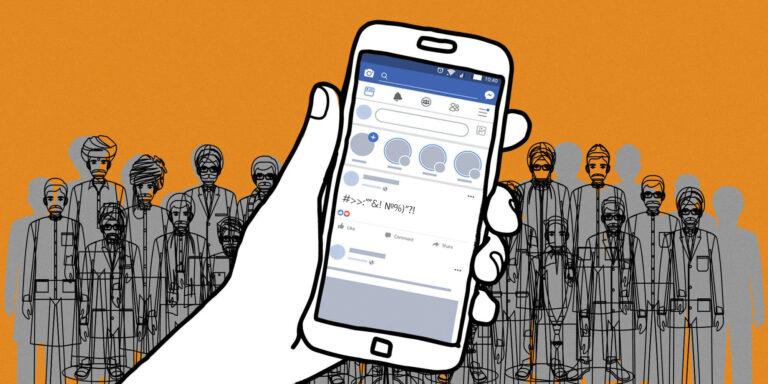
How to act and move on: strategies for women facing discrimination and online harassment
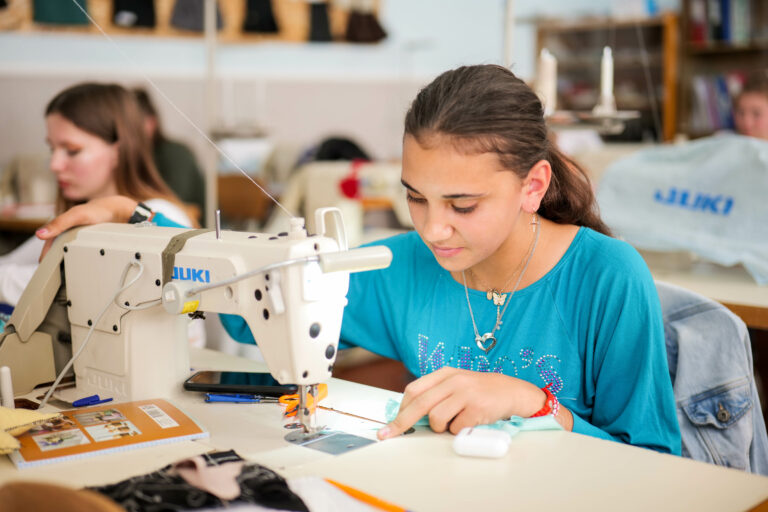
‘Learning is not a process but a journey’: the example of a school in Orhei
More campaign pages:
Interested in the latest news and opportunities?
This website is managed by the EU-funded Regional Communication Programme for the Eastern Neighbourhood ('EU NEIGHBOURS east’), which complements and supports the communication of the Delegations of the European Union in the Eastern partner countries, and works under the guidance of the European Commission’s Directorate-General for Neighbourhood Policy and Enlargement Negotiations, and the European External Action Service. EU NEIGHBOURS east is implemented by a GOPA PACE-led consortium. It is part of the larger Neighbourhood Communication Programme (2020-2024) for the EU's Eastern and Southern Neighbourhood, which also includes 'EU NEIGHBOURS south’ project that runs the EU Neighbours portal.

The information on this site is subject to a Disclaimer and Protection of personal data. © European Union,








